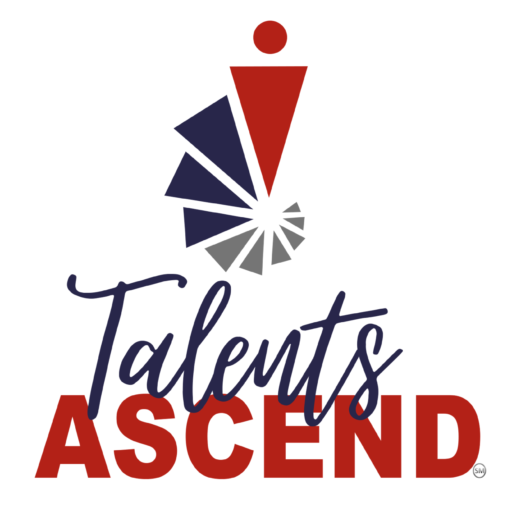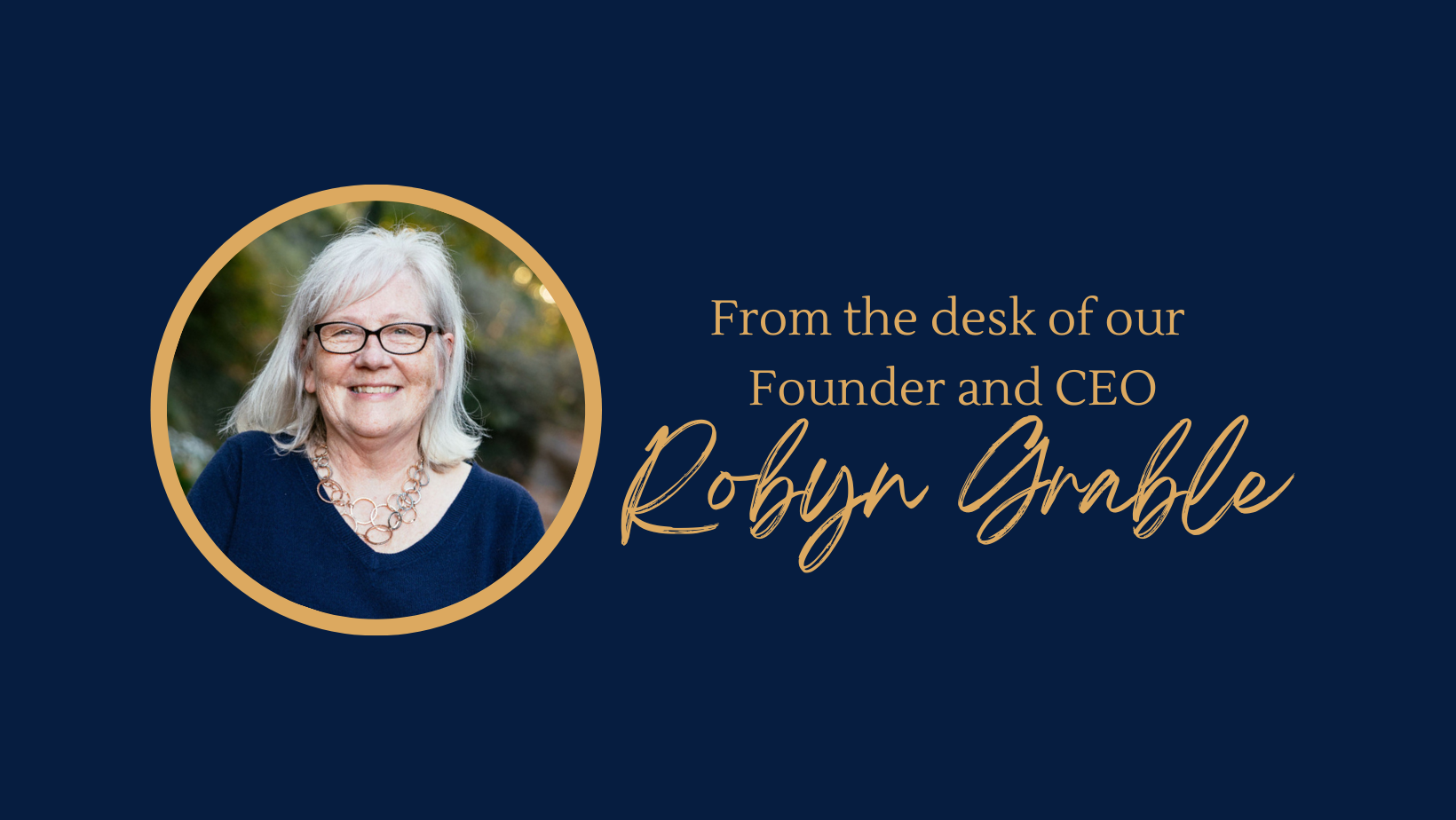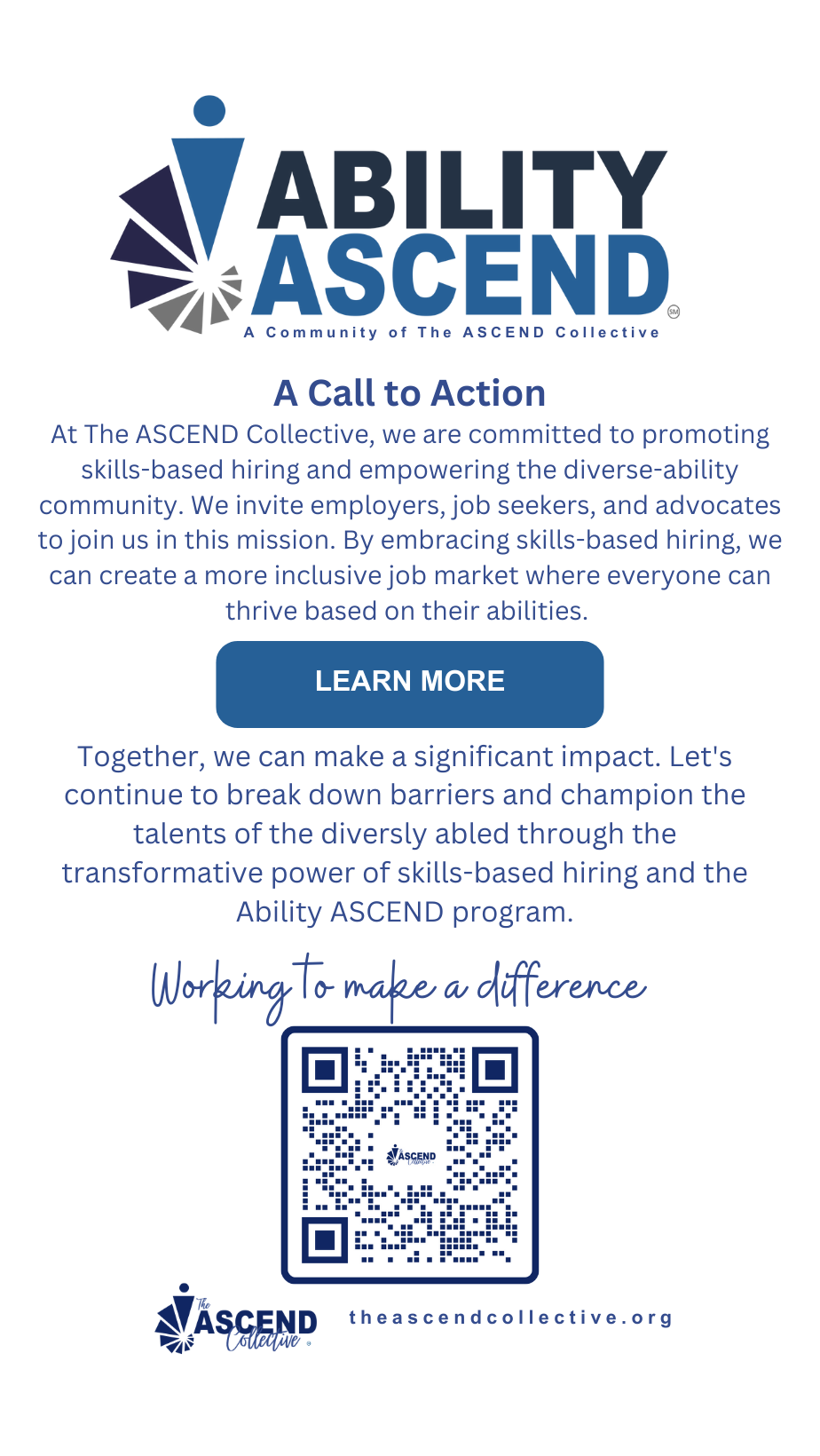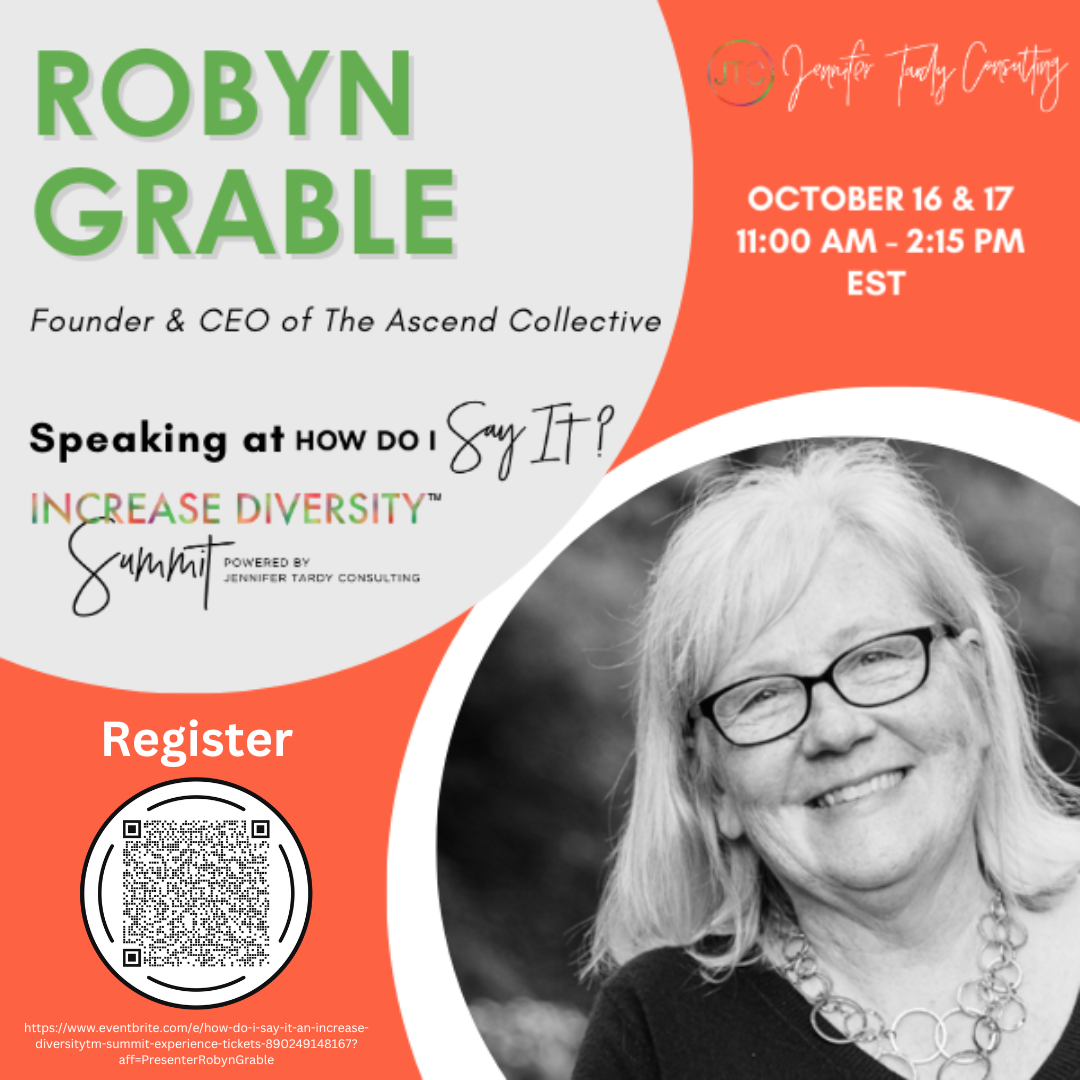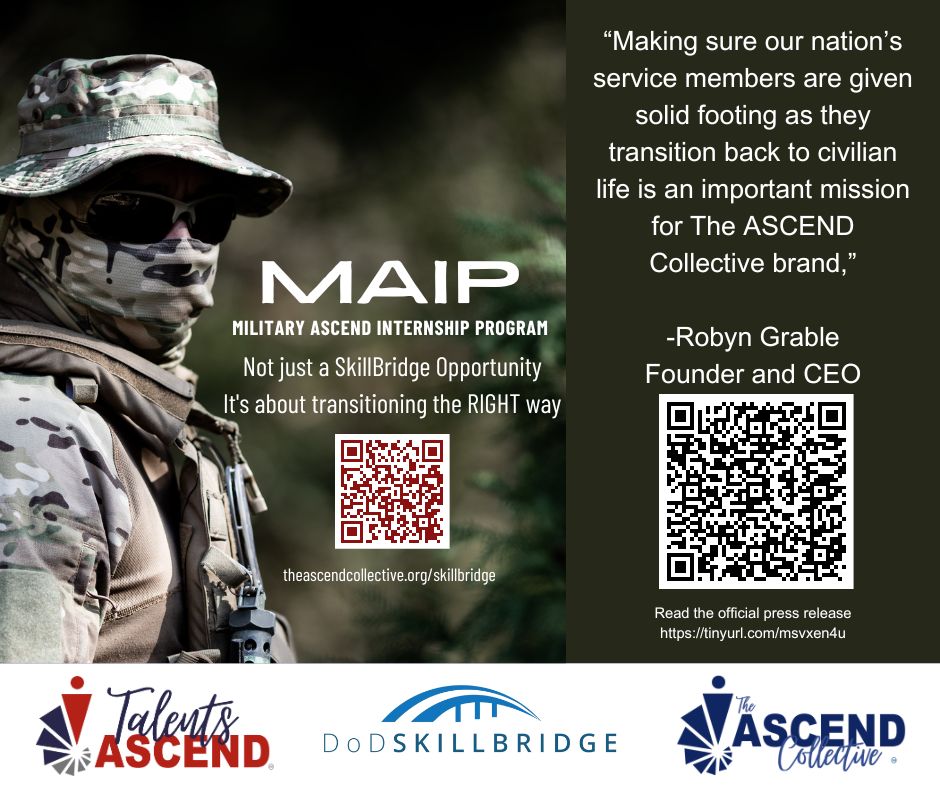The definition of diverse is showing a great deal of variety. “Diverse ability” refers to the range of skills, perspectives, and capabilities that individuals with disabilities bring to the workplace. It emphasizes valuing the unique contributions that individuals with diverse abilities can make to a team or organization.
What small business doesn’t need a variety of skills when they are starting out with a few people to do the work of many?
Here are reasons why diverse ability is important for small businesses:
- Innovation and Creativity: People with diverse abilities often approach problem-solving and innovation in unique ways, offering fresh perspectives that can lead to creative solutions and ideas.
- Broader Talent Pool: By actively including individuals with diverse abilities, small businesses can tap into a larger talent pool. This can help in finding the right skills and expertise needed for specific roles within the organization.
- Improved Customer Relations: Businesses that embrace diverse ability demonstrate inclusivity and accessibility, which can enhance relationships with customers and clients who value diversity.
- Legal and Ethical Considerations: Adhering to anti-discrimination laws and promoting inclusivity are not just legal requirements but also reflect ethical values that can positively influence company culture and reputation.
- Enhanced Employee Engagement and Loyalty: Employees are more likely to feel valued and engaged in a workplace that embraces diversity. This can lead to higher morale, lower turnover rates, and increased loyalty among staff.
- Adaptability and Resilience: Businesses that accommodate diverse abilities often develop a culture of adaptability and resilience, capable of responding effectively to changing circumstances and challenges.
- Market Opportunity: Catering to diverse abilities can open up new market opportunities. Businesses that demonstrate a commitment to accessibility and inclusivity may attract a broader customer base that values these principles.
In essence, embracing diverse ability is not just about compliance with regulations but also about recognizing and leveraging the strengths that individuals with diverse abilities bring to the table. It promotes a culture of respect, innovation, and inclusivity that can benefit the entire organization and its stakeholders. Each and every one of us has a variety of skills and abilities. Being different is an advantage. Your business is different, at least you want it to be different from your competitors. Diverse abilities in your staff is the best place to start. Regardless of what makes them different. They will be an asset worth valuing.

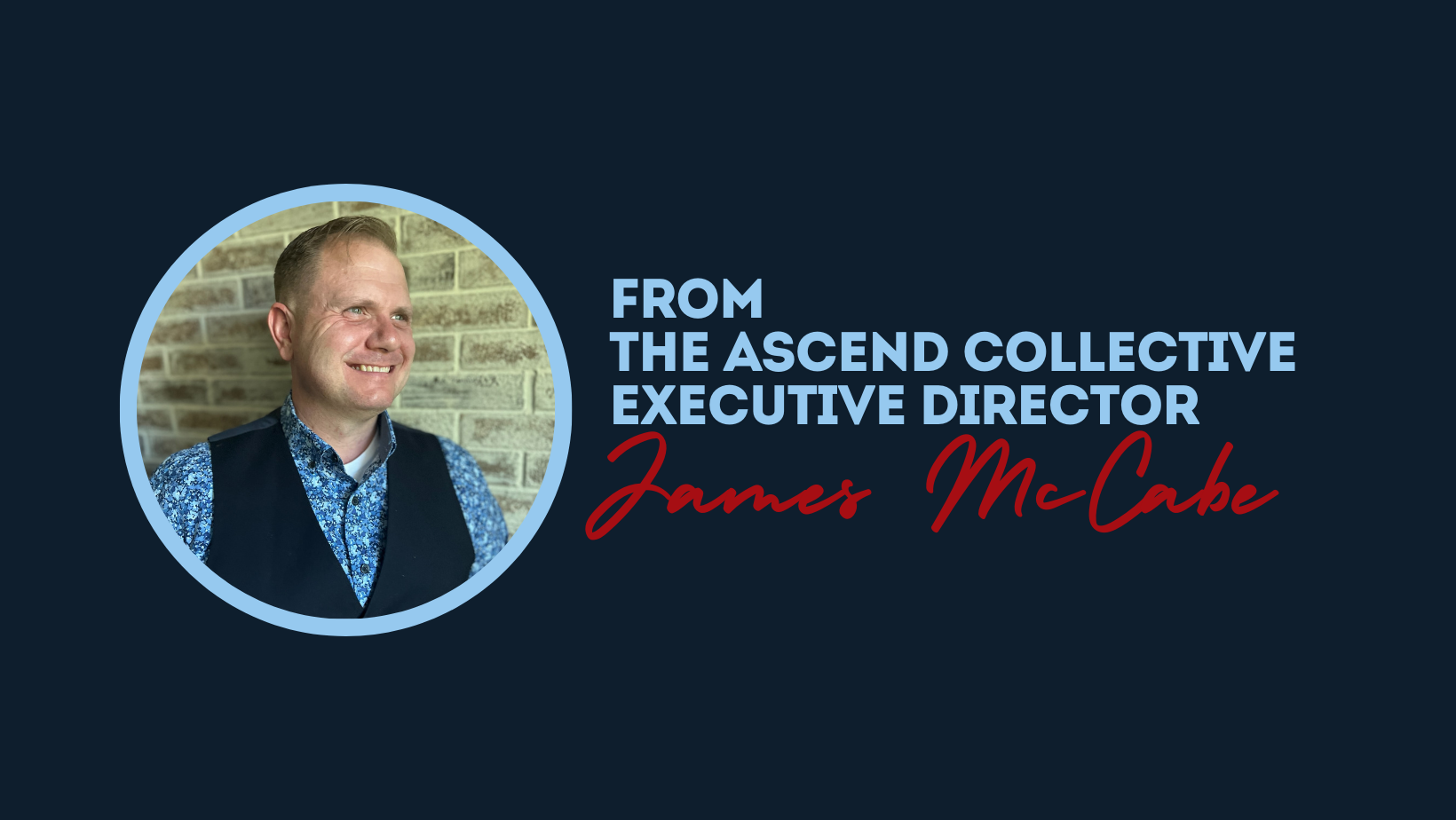
The diverse-ability community faces numerous challenges in the job market, often stemming from traditional hiring practices that emphasize formal education, specific job titles, and extensive work experience. These conventional approaches frequently overlook the unique strengths and capabilities of individuals with disabilities, leading to missed opportunities and unfulfilled potential.
Challenges Faced by the Diverse-Ability Community
- Bias and Stereotypes: Despite advancements in societal attitudes, bias and stereotypes about the capabilities of individuals with disabilities persist. These misconceptions can result in employers overlooking qualified candidates, focusing instead on perceived limitations rather than actual skills.
- Inaccessible Job Application Processes: Many job application processes are not designed with accessibility in mind. From online forms that are not compatible with screen readers to interview settings that do not accommodate specific needs, these barriers can prevent qualified candidates from even applying.
- Overemphasis on Traditional Qualifications: Traditional hiring practices often prioritize formal qualifications and specific job histories. This emphasis can disadvantage individuals whose experiences and achievements do not align with conventional expectations, even if they possess the necessary skills for the job.
The Role of Skills-Based Hiring
Skills-based hiring offers a transformative approach to these challenges by shifting the focus from what candidates have done to what they can do. This method prioritizes the actual skills and competencies required for a job, allowing employers to identify candidates based on their abilities rather than their backgrounds.
Benefits of Skills-Based Hiring
- Uncovering Hidden Talents: Skills-based hiring allows employers to discover talented individuals who might otherwise be overlooked. By evaluating candidates based on their skills, employers can identify the unique strengths that individuals with disabilities bring to the workforce.
- Promoting Inclusivity: This approach fosters a more inclusive workplace by valuing diverse abilities. It helps create an environment where all employees can thrive, contributing to a culture of acceptance and support.
- Enhancing Job Performance and Satisfaction: Employees hired based on their skills are often more engaged and productive, as they are placed in roles that align with their strengths. This alignment leads to higher job satisfaction and retention rates.
A Path Forward
At The ASCEND Collective, our Ability ASCEND program leverages an AI-enabled Knowledge Skills Attribute (KSA) matching system to connect individuals with disabilities to employers committed to inclusive hiring practices. By focusing on skills rather than traditional qualifications, we can help create a job market where everyone has the opportunity to succeed based on their abilities.
October 16 · 11am – October 17 · 2:15pm EDT
This Increase Diversity™ Summit is for all who wish to navigate the complexities of inclusive language with confidence and care. However, this two-day conference would be especially beneficial to anyone who directly hires or influences hiring, including workplace leaders and executives, DEI practitioners, Recruiters (corporate and agency), Human Resource Teams, Human Resources Managers, Hiring Leaders, and Career Coaches.
Building on the impactful groundwork laid by our first Increase Diversity™ Summit, which explored “Who is Qualified?” tackling bias in recruitment and retention, we shift our focus to the equally vital question: “How Do I Say It?”. From 11:00 AM – 2:15 PM across a two-day span, the 2024 Increase Diversity™ Summit will virtually guide participants through the complexities of Effective Language for Inclusive Recruitment and Retention Strategies.
This two-day, immersive virtual summit will feature a blend of presentations, breakout sessions, Q&A segments, and panel discussions that cover critical areas such as Gender: Binary, Gender: Non-Binary, Disability, Veterans, Neurodiversity, and Sexual Orientation—all aimed at broadening our understanding and refining our approach to communication.
There will also be two 30-minute panel discussions, one on each day of the summit. The topics are Language of Race (Anti-Racism + Inclusion) and Language of Intersectionality.
Participants will gain:
- The ability to skillfully analyze the question of How Do I Say It?, examining effective language from various perspectives and its importance in not only recruiting, but the workplace as a whole.
- A deep understanding of how to leverage the power of Lived Experience Intelligence™, enabling them to understand effective language in hiring and retention programs with remarkable effectiveness.
Join us in this crucial conversation, and together, let’s take steps toward building a more inclusive world through the power of language.

Talents ASCEND is proud to work with Paul Davis of East Michigan. Their commitment to our service members and veterans is exemplary.
“In honor of all military veterans…both those still with us as well as those who have made the ultimate sacrifice for our great country…Paul Davis Restoration of East Michigan proudly announces “The Restoring Valor Project.” See how Paul Davis worked to restore the military memorabilia archive of a Veterans of Foreign Wars (VFW) Post in Plymouth, Michigan.”
